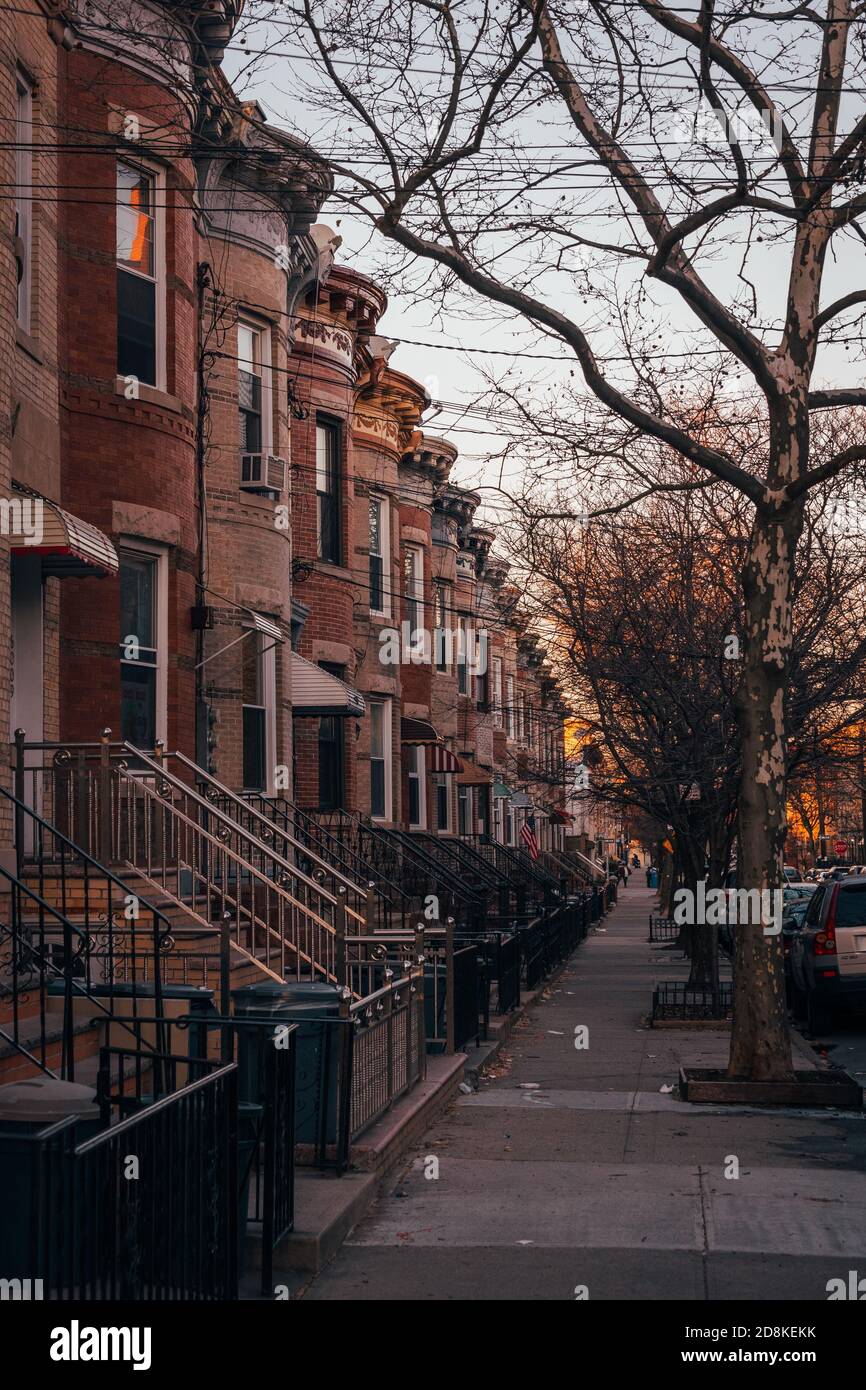
How to Price Your NYC Home to Sell Quickly
Pricing your home correctly is one of the most important decisions you'll make when selling your property in New York City. The right price can attract multiple offers and lead to a quick sale, while overpricing can cause your listing to stagnate on the market.
Why Pricing Strategy Matters
In NYC's competitive real estate market, buyers are well-informed and can quickly recognize when a property is overpriced. A home that sits on the market too long often raises red flags for potential buyers, who may wonder what's wrong with the property.
Studies show that homes priced correctly from the beginning typically sell faster and for more money than those that require price reductions after sitting on the market.
Research Comparable Properties
The first step in determining the right price for your home is to look at comparable properties or "comps." These are homes similar to yours that have recently sold in your neighborhood. Focus on properties that match yours in:
- Size (square footage)
- Number of bedrooms and bathrooms
- Location and building type
- Condition and upgrades
- Amenities (doorman, elevator, etc.)
Pay special attention to how long these properties were on the market and whether they sold above or below asking price.
Consider Current Market Conditions
NYC real estate can vary dramatically from neighborhood to neighborhood and even block to block. Is your area currently a buyer's market or a seller's market? This will significantly impact your pricing strategy.
In a seller's market with low inventory, you might price slightly higher, while in a buyer's market with many competing properties, a more competitive price might be necessary to attract interest.
Factor in Seasonal Timing
The time of year can affect your pricing strategy. Spring and fall are traditionally the busiest seasons for NYC real estate, while summer and winter typically see less activity. If you're selling during a slower season, you might need to price more aggressively to attract the smaller pool of active buyers.
Be Objective About Your Property's Condition
It's natural to see your home through rose-colored glasses, but buyers won't. Be honest about your property's condition, needed repairs, and outdated features. If your kitchen hasn't been updated in 20 years, you can't expect the same price as a comparable property with a modern renovation.
Strategic Pricing Points
Consider psychological pricing thresholds. For example, a property priced at $699,000 will appear in searches for homes under $700,000, potentially reaching more buyers than if priced at $705,000.
Get a Professional Opinion
While online valuation tools can provide a starting point, they often don't account for the unique aspects of NYC real estate. A local real estate agent with experience in your neighborhood can provide a more accurate Comparative Market Analysis (CMA) and help you understand the nuances that affect your property's value.
Be Prepared to Adjust
If your home isn't attracting showings or offers within the first few weeks, be prepared to reassess your price. The longer a property sits on the market, the less desirable it appears to buyers.
The Flat Fee Advantage
When working with a flat fee real estate service like mine, you have more flexibility in your pricing strategy. Since you're not paying a percentage-based commission, you can price your home more competitively while still keeping more money in your pocket at closing.
Conclusion
Pricing your NYC home correctly from the start is crucial for a successful sale. By researching comparable properties, understanding market conditions, being objective about your home's condition, and getting professional advice, you can set a price that attracts buyers and maximizes your return.
If you're considering selling your home in Ridgewood Queens or East New York, I'd be happy to provide a free, no-obligation market analysis to help you determine the optimal price for your property.
